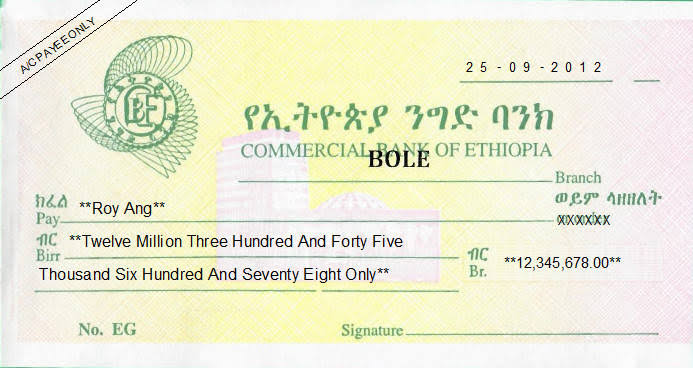
Checks as Collateral: A Legal Perspective on Their Use and Liability
As a negotiable instrument, a check can be used as a guarantee or collateral. There is no legal provision preventing this. However, if a check is presented for payment and bounces due to insufficient funds, the issuer may face criminal charges. If the issuer argues that the check was intended as collateral and not for immediate payment, this claim must be substantiated with a written contract of guarantee, collateral, or pledge, as per Commercial Code Article 952 and Civil Code Articles 2864-2866. This cannot be proven with witness testimony alone.
The written agreement must clearly specify the purpose of the guarantee, the check number, the maximum amount of the obligation, and the date of the agreement. It must explicitly state that the check was issued for collateral purposes.
Even if the check is legally proven to have been given as collateral, this only protects the issuer from criminal liability if the check is presented for payment and dishonored before the underlying obligation it guarantees is due. If the check is presented after the guaranteed obligation is fulfilled, and it still bounces, the issuer may still face criminal charges.
Reference:
[Federal Supreme Court Cassation Division File No. 161448 (Vol. 25), 238847 (June 29, 2023)]
The written agreement must clearly specify the purpose of the guarantee, the check number, the maximum amount of the obligation, and the date of the agreement. It must explicitly state that the check was issued for collateral purposes.
Even if the check is legally proven to have been given as collateral, this only protects the issuer from criminal liability if the check is presented for payment and dishonored before the underlying obligation it guarantees is due. If the check is presented after the guaranteed obligation is fulfilled, and it still bounces, the issuer may still face criminal charges.
Reference:
[Federal Supreme Court Cassation Division File No. 161448 (Vol. 25), 238847 (June 29, 2023)]